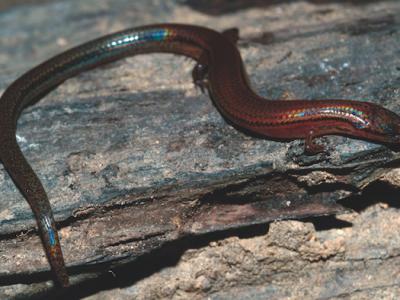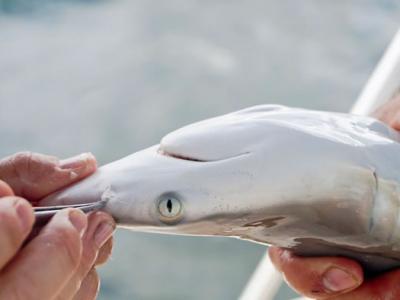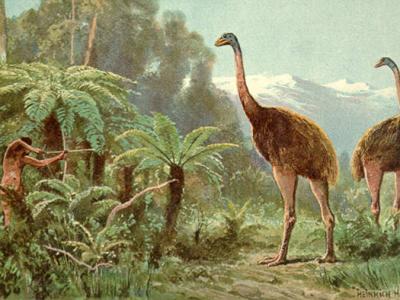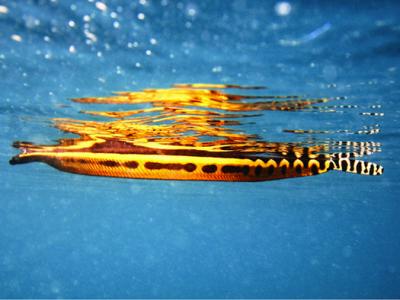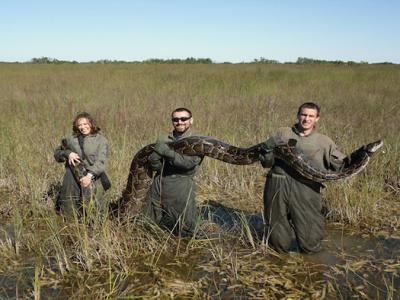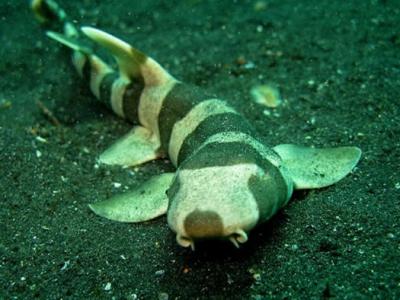Squid Squashed by Acidic Oceans
Squid Squashed by Acidic Oceans
Calamari may become a rare dish on the menu of both human restaurants and the Earth’s marine food chain due to ocean acidification over the next century.
Atlantic longfin squid (Doryteuthis pealeii) raised in acidified seawater took longer to develop from eggs and grew five percent smaller than squid in normal seawater. Oceanographers at Woods Hole Oceanographic Institution (WHOI) conducted the squid versus acid experiment, which was published in PLOS ONE. The extra acidic seawater was approximately three times the ocean’s current levels, which replicated potential levels in one hundred years.
“Animals raised in high carbon dioxide took longer to develop, which is a big deal when you’re basically this egg mass on the bottom of the ocean and fish can just pop along and eat you,” said study co-author WHOI biologist T. Aran Mooney in a press release.
Plenty of animals would like to make a meal of those squid eggs, not to mention the adults. Hence the loss of squid could seriously shake marine ecosystems. Hungry humans around the world squeal for squid as well. In 2011, the U.S. squid fishing fleet reeled in $110 million, according to the National Marine Fisheries Service. Longfin squid, like those in the experiment, accounted for $24 million of that total.
“Squid are at the center of the ocean ecosystem—nearly all animals are eating or eaten by squid,” said Mooney. “So if anything happens to these guys, it has repercussions down the food chain and up the food chain.”
Even if the squid of the future do manage to survive to adulthood, the WHOI experiment found they could have a hard time getting around. The acid-reared squid formed misshapen internal organs, called statoliths, which help the squid orient themselves while swimming and detect movement. Statoliths are made up of calcium-based crystals.
“That means the animal probably had a challenging time laying down those crystals,” he says. “It doesn’t look like they can do that in a very orderly or standard fashion in high carbon dioxide because the acidified conditions keep dissolving the calcium carbonate as the animals are trying to lay it down.”
A similar phenomenon threatens the ocean’s coral reefs. Acidic oceans dissolve the calcium-based exoskeletons of the reef-forming animals.
Increasing levels of atmospheric carbon dioxide cause ocean acidification. The gas dissolves into the water and forms carbonic acid.(Jun 5, 2013 10:32 AM ET // by Tim Wall)

